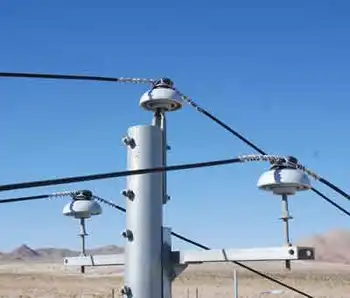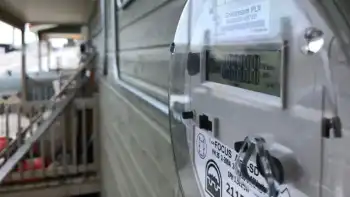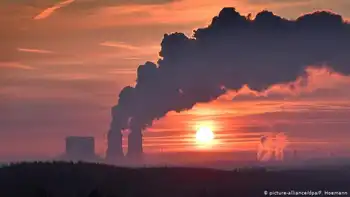NB Power asks consumers to cut usage
The province's electricity corporation issued the voluntary request to limit power consumption because of a combination of cold weather and the utility's diminished power generating capacity.
Environment Canada has issued severe weather warnings to many communities in New Brunswick as extreme wind chills are hit -38 C on January 24.
Kathleen Duguay, a NB Power spokesperson, said the utility is asking people to reassess their electricity use so long as the freezing temperatures continue.
"It's certainly an approach we will be re-evaluating and perhaps putting back in place if need be," Duguay said.
NB Power is asking consumers to monitor their power use during the peak hours of 6 a.m. to 8 a.m. and 4 p.m. to 8 p.m.
The utility is suggesting people turn down the heat by two degrees in all rooms, limit lighting to what is necessary, limit hot water use and avoid using dishwashers or dryers.
Duguay said the company has purchasing agreement contracts in place, should there be a need to import power in the future.
NB Power's challenge to provide power during the frigid snap is being made more difficult because the Point Lepreau Nuclear Generating Station is still being refurbished and the Grand Lake Generating Station is no longer operating.
NB Power's total generating capacity is 3,959 MW but it is down to 3,272 MW with the Point Lepreau and Grand Lake facilities no longer producing power.
Duguay said the utility is meeting power needs and is making the request to its customers only as a precaution.
Related News

Will Israeli power supply competition bring cheaper electricity?
TEL AVIV - "See the pseudo-reform in the electricity sector: no lower prices, no opening the market to competition, and no choice of electricity suppliers, with a high rate for consumers despite natural gas." This is an advertisement by the Private Power Producers Forum that is appearing everywhere: Facebook, the Internet, billboards, and the press.
Is it possible that the biggest reform in the economy with a cost estimated by Israel Electric Corporation (IEC) (TASE: ELEC.B22) at NIS 7 billion is really a pseudo-reform? In contrast to the assertions by the private electricity producers, who are supposedly worried about our wallets…





